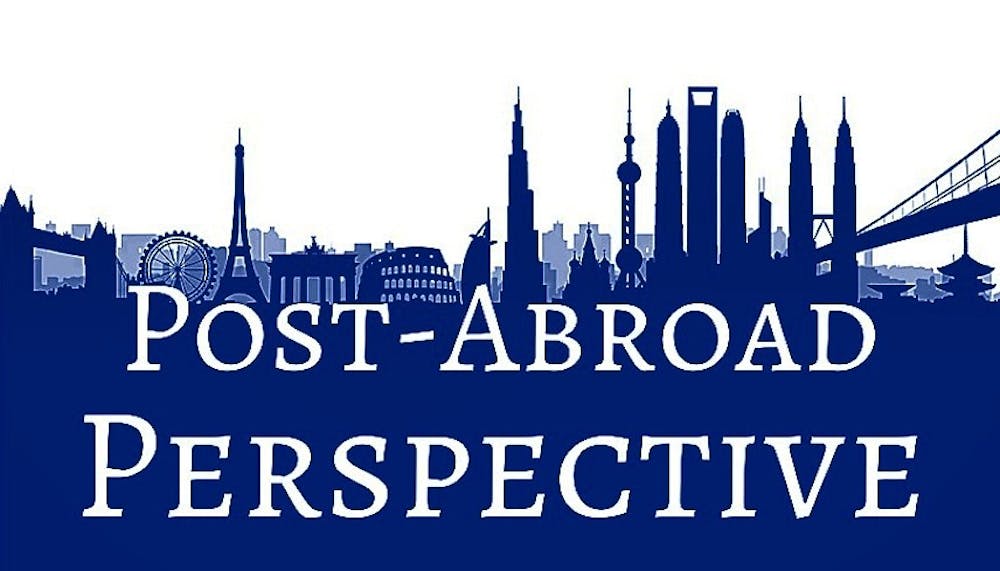Studying abroad is an option many students at the University of Richmond gravitate toward. I spent two summers in China -- Beijing and Dalian -- and a semester in Taiwan. I’ve realized that each experience has markedly different takeaways, and they have taught me different things about living abroad.
Throughout this experience I have learned that study abroad affects everyone, whether they’re in a rural village, a massive metropolitan center or even UR.
Some students try to engage and connect with their host communities as much as possible, whether that means getting involved on their abroad institution's campus or exploring every facet of their neighborhood.
Other students may choose to live in a major city and then travel extensively throughout the semester on weekends or breaks to visit as many places as they can. After all, this might be one of your only opportunities to do that, other than possibly retirement.
My own personal experiences have fallen on entirely different ends of the spectrum.
When I was in Dalian for eight weeks last summer, I had the opportunity to live with a very welcoming host family and witness the cultural customs and living habits in this part of Northeast China.
I shared nearly every meal with my host grandparents, adjusting and adhering to their rules and expectations accordingly. I communicated almost entirely in Chinese every day. Paired with five full days of intensive Mandarin study per week, my experience was far from easy. However, it was also incredibly rewarding in terms of the vast linguistic and cultural gains that I received.
My time in Taipei couldn’t have been more different. I lived in an off-campus apartment in the center of the city with another UR student. Classes were all in three-hour blocks once a week. So, even with a full schedule, I only had class three days a week and had the rest of the time to explore the city.
With cheap and convenient transportation, I was always out seeing new places, trying new restaurants and more. Since I could speak the local language, immersion was at my own pace and entirely on my own terms. While this was quite refreshing, it could also be somewhat overwhelming at times because of how much there was to do in the city and how exhausting it could get over long hours multiple times a week.
When I returned from abroad this past December, a lot of people asked me about my time in China and Taiwan and many were genuinely intrigued in what I had to say. Yet the irony is that so many of us hardly stop to wonder what a student from China or Taiwan in the U.S. might be experiencing or going through during their time here.
For an international student coming to the U.S. for the first time, the culture shock is no less apparent for them either; they might also be adjusting to a new level of independence, academic expectations or cost of living. One of the hardest adjustments any international student often must face is making friends outside of the group of other internationals at their school or in their city.
International education is a wonderful thing that more and more people are getting to experience. But, it took me going abroad to realize how differently it can play out for each person and how valuable it is regardless of which path you take, even if you stay at UR. Imagine what types of experiences the international students at UR are having all around you.
Enjoy what you're reading?
Signup for our newsletter
Contact contributor Bryan Carapucci at bryan.carapucci@richmond.edu.
Support independent student media
You can make a tax-deductible donation by clicking the button below, which takes you to our secure PayPal account. The page is set up to receive contributions in whatever amount you designate. We look forward to using the money we raise to further our mission of providing honest and accurate information to students, faculty, staff, alumni and others in the general public.
Donate Now



